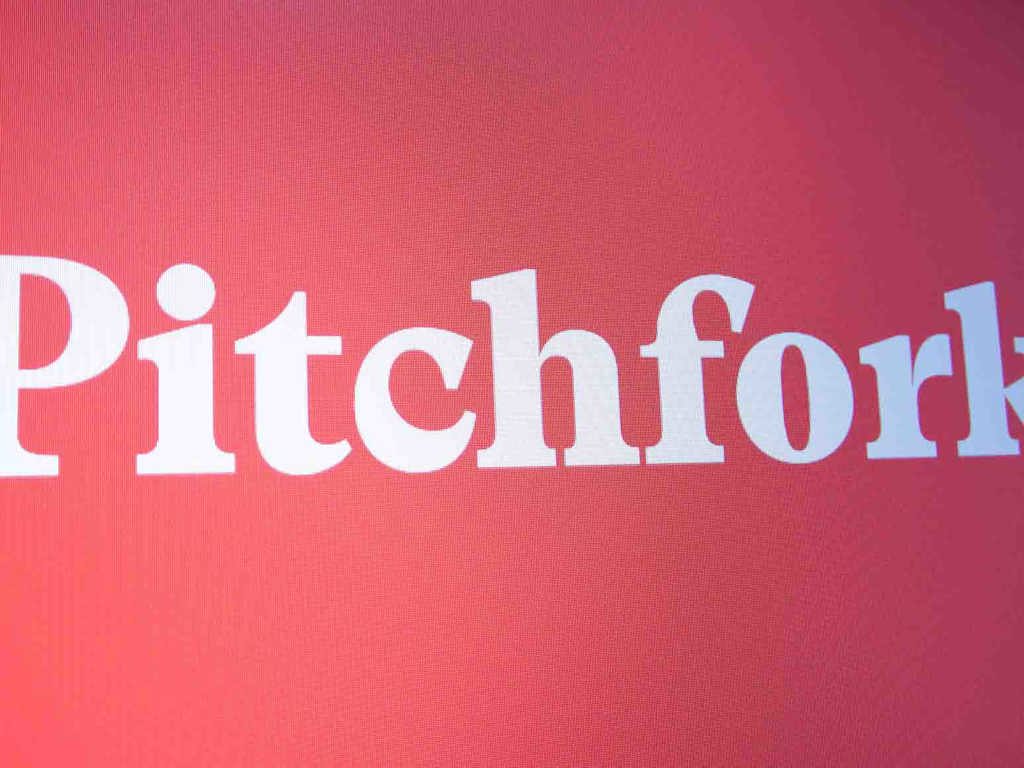The future of music journalism appears to be headed down a jagged slope.
On Jan. 17, chief content officer of Condé Nast, Anna Wintour, announced that the music publication titan Pitchfork would be folded into men’s lifestyle and fashion magazine GQ. This entails that all publications and reviews formerly made on Pitchfork will only be accessible through GQ.
Founded in 1996, Pitchfork was the cornerstone of the late 1990s indie music scene, documenting the evolution of music into the 2000s as well as the shift in music publication from print media into the digital format of the information age.
In the early days, what set Pitchfork apart from other major music publications was their recognition of smaller, more independent artists. In the reviews section, albums are scored out of ten, with albums of 8.2 or higher being decorated with the lucrative “Best New Music” title. This crowning would often make or break an artist’s popularity following a release. This aside, it’s common to find highly acclaimed albums from lesser-known artists, introducing readers to small artists.
Pitchfork has also earned a reputation for the pretentious nature of their reviews, balancing playful colloquialisms and cultural references with thorough and often abstract analyses. Some negative criticisms surrounding the publication had to do with their occasionally harsh reviews, frequently reading as something a late 2000s hipster would churn out.
In one instance, Pitchfork published a review of Jet’s Shine On, giving it a zero out of ten and only leaving a video of a monkey urinating into its own mouth in the content section.
While their ostentatious reputation has been subject to mockery and criticism, the influence of Pitchfork’s inception on digital music publications cannot be ignored.
Leading into the 2010s however, Pitchfork began to muddy the waters and lose sight of who their target audience was. Pitchfork became a beacon of music discourse, ranging from reviews about artists with only a few thousand listeners to publishing numerous articles and reviews about popular artists, increasing their reader base among the masses but losing their influence as a niche music publication.
Unfortunately, the power they have has been swiftly and silently quenched by the union-busting clutches of Condé Nast, who are responsible for numerous layoffs including Pitchfork’s former editor-in-chief, Puja Patel.
Regardless of Pitchfork’s folding, music criticism will continue, as with any discourse over media texts. As long as the texts themselves are being created, criticism will be present.
However, the weight of Pitchfork’s influence will likely scatter into smaller spaces from here onward. Centralizing content as niche as music critique into a generalized men’s magazine will weed out readers who sought out Pitchfork solely for music. By merging with GQ, it could be speculated that content and reviews may be moderated by GQ’s general target audience, a gut-punch that would make the early Pitchfork do flips in its grave.
Ultimately, there is tragedy in the loss of Pitchfork’s independent platform. Their website is orderly but always active, constantly shuffling the latest articles and reviews. The site is also not paywalled or plagued by tedious ads, sparing readers from the eyesore of pop-ups.
Pitchfork’s descent into uncertainty has subsequently dragged the very nature of digital music journalism down with it, but the issue prompts bigger questions about the future of content creation. If independent publications cannot stay afloat with their current business models, others may follow suit with Pitchfork, promptly being consumed by the greed of massive publications.


